Pecans are one of the most versatile and nutrient packed foods that we should try and cycle into our diets. Their nutritional and health benefits are only two of the reasons to consider incorporating them into your diet; not to mention their culinary uses and the varieties that are at our disposal. When considering the nutritional value pecans can add to our diets it’s important to understand what the contribution they provide is:
- Rich in healthy, cholesterol-lowering fats.
- They contain protein and fiber.
- Abundant in vitamins and minerals.
- Unsaturated Fats in Pecans
The healthy or unsaturated fats that are in pecans essentially work to lower our LDL or bad cholesterol levels. Cholesterols described as a soft, waxy substance that can cause clogged, or even completely block, blood vessels known as arteries. There are two types of unsaturated fats:
- Polyunsaturated fats: include omega-3 and omega-6 fats. The body needs these essential fatty acids for brain function and cell growth. We must get these fatty acids from food as our body doesn’t naturally make them.
- Monounsaturated fats: help develop and maintain the body’s cells.
Protein and Fiber in Pecans
The protein and fiber intake in pecans is worth exploring as we make our weekly shopping list. This is because in just one ¼ cup or 1 ounce of pecans, there is roughly 2.6 grams of protein, according to the U.S. Department of Agriculture. Harvard Health notes that, “it's also important to consider the protein ‘package’ — the fats, carbohydrates, vitamins, minerals, and other nutrients that invariably come along with protein. Aim for protein sources low in saturated fats and processed carbohydrates and rich in many nutrients.” This online Dietary Reference Intake (DRI) calculator from the U.S. Department of Agriculture’s National Library allows you to input your height, weight, age, and activity level and generates a report including your Body Mass Index, estimated calorie needs, and recommended water, macronutrient, vitamin, and mineral intake.
When focusing on the importance of a regular intake of fiber, Harvard Health reports that, “A new analysis of almost 250 studies confirmed on a large scale that eating lots of fiber, can decrease your risk of dying from heart disease and cancer. Those who ate the most fiber reduced their risk of dying from cardiac disease, stroke, type 2 diabetes, and/or colon cancer by 16% to 24%, compared to people who ate very little fiber. The study also concluded that more fiber is better. For every additional 8 grams of dietary fiber a person consumed, the risk for each of the diseases fell by another 5% to 27%. Risk reductions were greatest when daily intake of dietary fiber was between 25 and 29 grams.” It’s key for us to see how this translates into our families and personal intakes. For comparison the U.S. Department of Agriculture lists one ¼ cup or 1 ounce of pecans has about 2.72 grams of fiber.
Vitamins and Minerals in Pecans
Pecans are a good source of vitamins and minerals like the ones listed below in addition to their numerous other positives:
- Vitamin E: an antioxidant that helps protect cells from damage.
- Vitamin B1 (Thiamine): helps to metabolize food into energy.
- Calcium: associated with healthy bones and teeth, although it also plays an important role in blood clotting, helping muscles to contract, and regulating normal heart rhythms and nerve functions.
- Magnesium: plays a critical role in muscle and nerve function, blood glucose control, and bone health.
- Phosphorous: this mineral is important for bone health and metabolizing energy.
- Copper: works to help in metabolizing iron, connective tissue formation, and antioxidant defense.
- Potassium: aids in regulating blood pressure, fluid balance in the body, and muscle contractions.
- Iron: contributes to oxygen transport in the blood and overall energy production.
Pecans and their Benefits
What these numbers and statistics above allow us to do is to understand what exactly is in these natural foods that we can put in front of our loved ones, and how much of them we need daily. If we actively acknowledge our body’s needs, we can not only actively try to improve our day-to-day well-being, but also take steps towards trying to prevent diseases and long-term illnesses. Pecans are a powerhouse that actively combines a variety of essential nutrients that help our bodies to not only function, but to thrive in the world when consumed regularly and in a healthy manner. There are a couple of different products from Nature’s Garden that include pecans and showcase their versatility like the Omega-3 Deluxe Mix and Keto Snack Mix. Next time you’re looking for a new salad topping, trail mix addition, or even a snack on the go mix in some pecans; you won’t be disappointed!
Pecans Nutrition Overview
For a serving size of 1 serving (30 grams) of pecans, here are the nutritional details:


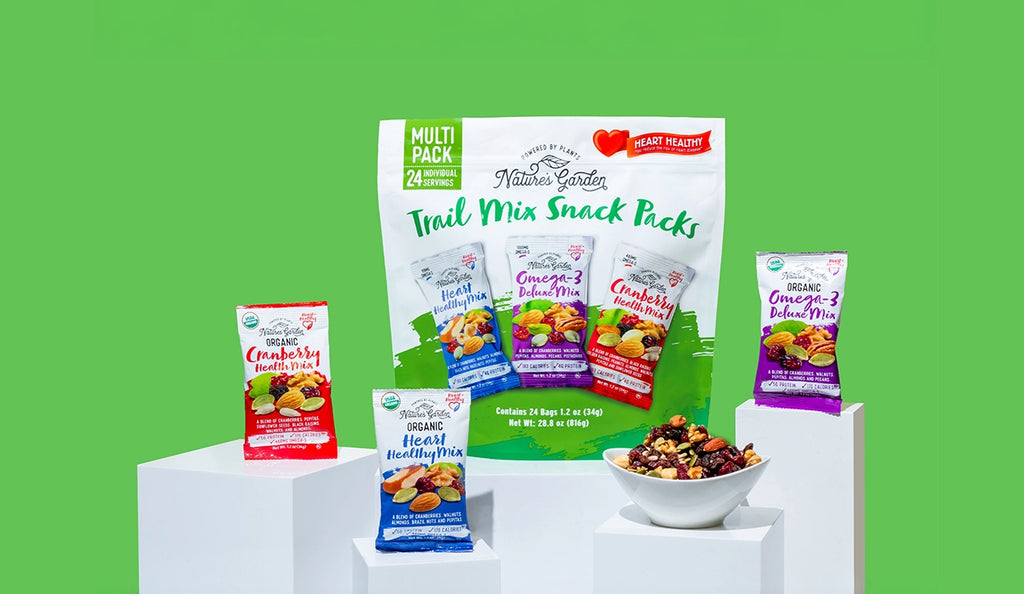

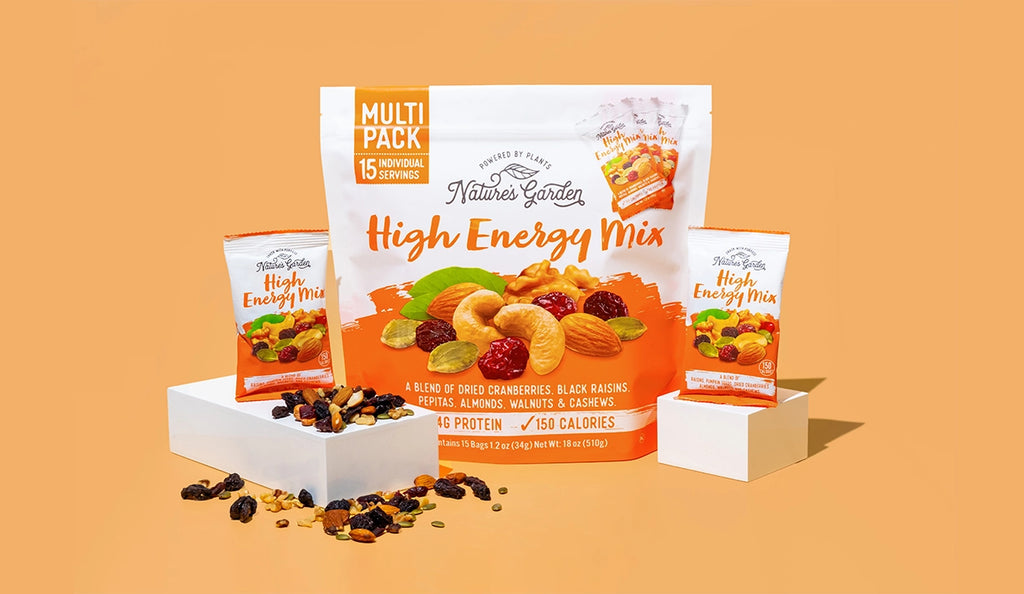
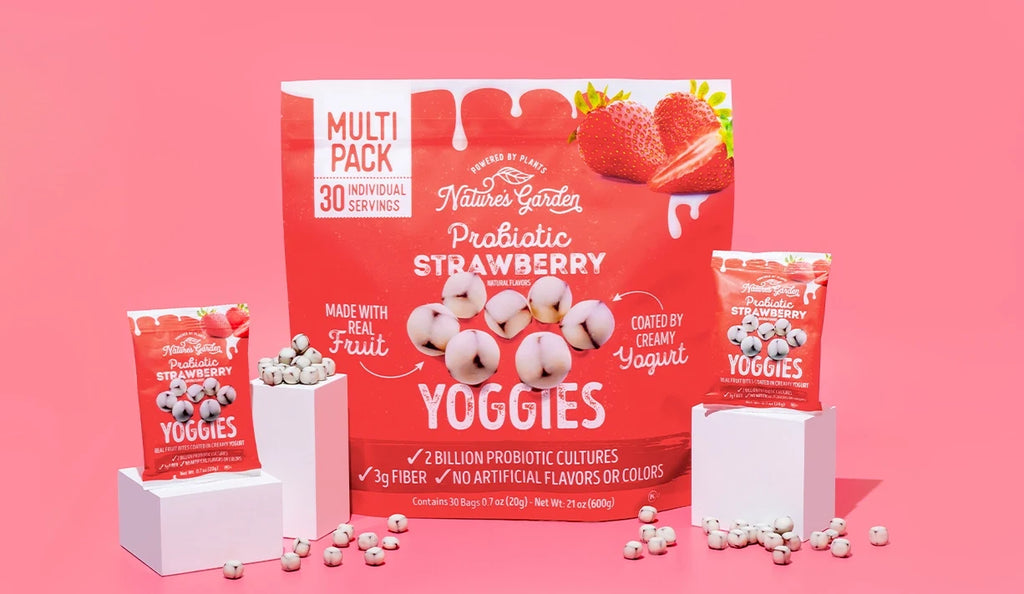

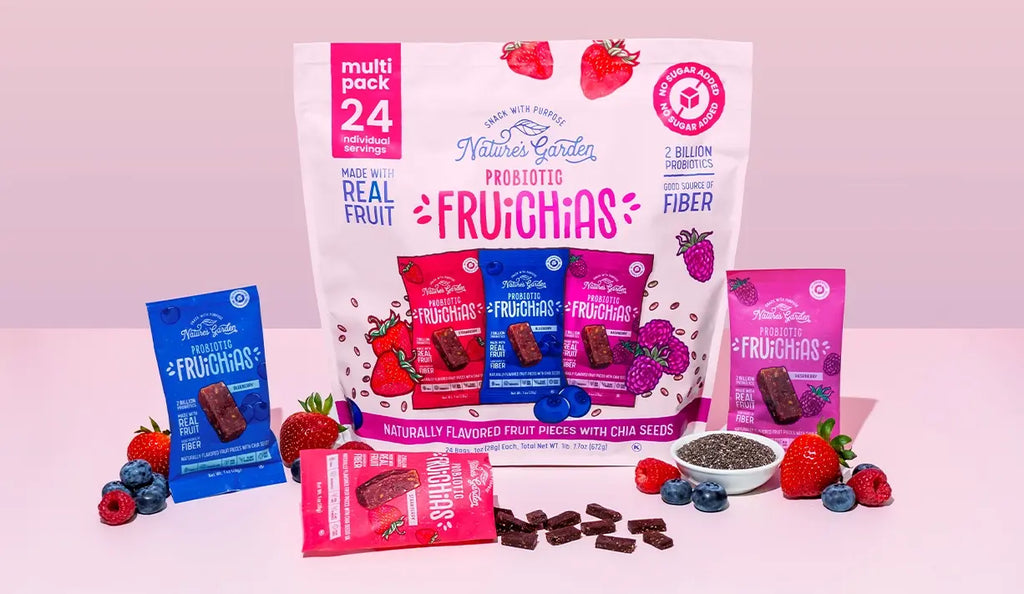
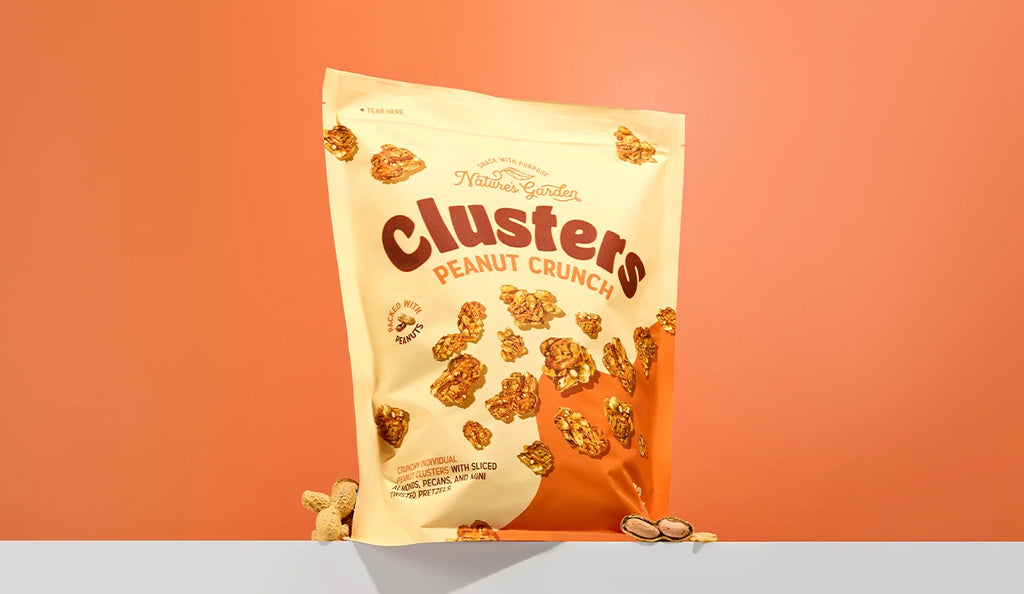
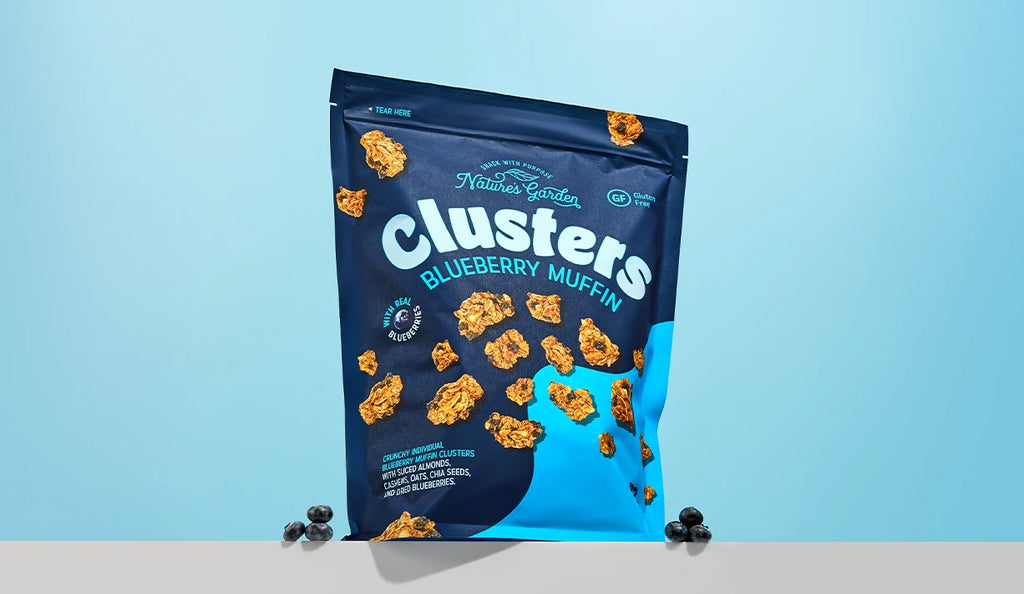








1 comment
It was very informative to know that eating nuts such as pecans are good for your heart, because it’s rich with fiber. I recently opened a chocolate store in town, and I want the business to thrive within many generations of my family. That being said, I’ll make sure to look for the most delicious, bulk honey roasted pecans in the market. https://selmannutco.com/product/honey-roasted-pecans/